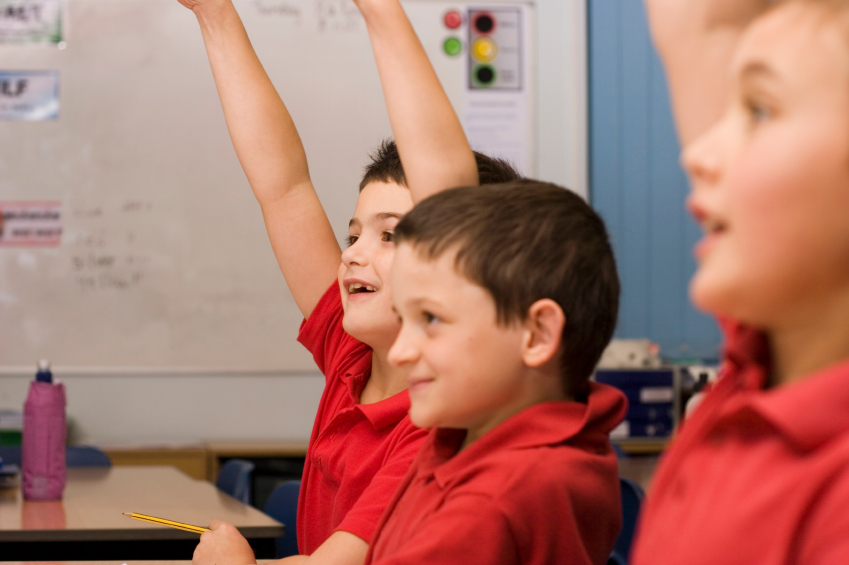
Achievement of top performing students declines
August 7, 2012
A recent inquiry into gifted students in Victoria found that a large number were ‘dumbing down’ in order to fit in. This is not isolated to Victoria. It is an Australia wide issue.
These children are often bored and frustrated, acting out in the classroom or in some cases simply not coming to school. Many are underachieving academically. The Gonski report highlighted PISA data that found mathematics and literacy achievement of the top performing students in Australia has significantly declined over the past 10 years.
To reach their true potential gifted children must be given the opportunity to acquire skills and develop talents through differentiation of the school curriculum.
Some strategies to support the gifted and talented child are listed below:
- Do not call the child ‘gifted’. Labelling the child places excessive expectations and unnecessary pressure on the child and may cause him or her to become isolated from their peers. Programs for these children could be named ‘extended learning’ or ‘enrichment program’ rather than ‘gifted program’.
- Extended learning programs need to be included and accepted as part of the usual school curriculum.
- Promote a love of learning. A gifted and talented child may feel quite different from peers and therefore mask their abilities to conform and gain peer acceptance. Classroom values such as a love of learning along with respect, harmony, honesty and responsibility help to instil a clear set of guiding principles. It can be helpful to explicitly incorporate classroom activities around these values to embed the meaning of these concepts. For Australian schools, values based curriculum ideas, lesson plans, and interactive web-based programs can be accessed here.
- Be careful not to assume that a child is equally gifted in all areas and inadvertently put pressure on them to excel across the board. The child may demonstrate extraordinary splinter skills in one area and more average skills in another area. Anticipate that ‘giftedness’ creates asynchronous development and uneven development can lead to vulnerabilities such as perfectionism, and heightened emotional sensitivity.
- Implement a differentiated curriculum with enrichment and extension programsdesigned to meet the child’s needs. School curriculum and planning should continue to be adjusted to cater for the child’s higher ability. Some possible teaching strategies to support the child’s strong academic potential include:
- opportunity to work independently
- time to work with likeminded, bright or older peers
- less time on repetition and generally less time on revision
- increased provision for deeper exploration of ‘big picture’ concepts and application to real life issues
- regular challenge through rich tasks
- units of work and structured lessons offering opportunities for in-depth information gathering
- activities or tasks that require higher order thinking skills
- real-life audiences that require polished presentation of findings or new understandings
- some accelerated instruction
- opportunity to proceed according to strengths and special interests
- opportunity to work through basic skills and appropriate aspects of the curriculum at a faster pace
- varied entry points in the introduction of new topics and for new conceptual understandings and varied exit points as well.
- Consider grade acceleration very carefully. As a general rule, teachers should first enrich the learning program, before extending the child’s program vertically. For more information on grade acceleration click here.
More information on gifted and talented children and strategies to support them:
Working with children who are gifted and talented ebooklet (Excerpt – non-members)
Working with children who are gifted and talented ebooklet (Full text – members)
Implementing an extension and enrichment program for gifted and talented students (members)